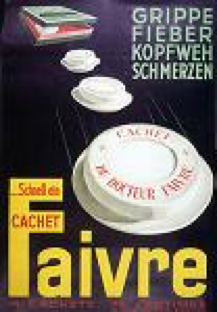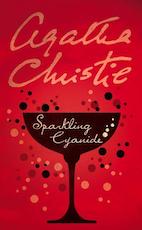
Poirot Score: 79
Sparkling Cyanide
☆☆☆☆
Reasons for the Poirot Score
A clever mechanism, well-clued although by no means obvious, is at the centre of the plot. To get to the solution the reader has to put several clues together, and if the solution is discovered the reader will be pretty sure of having got to it. And the solution breaks an unwritten convention but as usual Christie is fair. So why not a higher score? One aspect of the mechanism is a little weak. But more importantly it is not such an enjoyable read as Christie in top form. A cracking whodunnit however.
Click here for full review (spoilers ahead)
Trivia
Quotations at the beginning of the books
Christie did not write a dedication for Sparkling Cyanide. At the start of each of the three main sections (Book 1, Book 2 and Book 3) there is a short quotation.
Book 1
What can I do to drive away rememberances from mine eyes?
The original is in fact rememberance and not rememberances. This is the opening line from a Keats’ poem, often called, Lines to Fanny. The ‘rememberance’ is of “my brilliant Queen” probably Fanny Brawne. The poet apparently wishes to free himself from the snare of being so in love perhaps in order not to be distracted from his work.
“How shall I do
To get anew
Those moulted feathers, and so mount once more
Above, above
The reach of fluttering love
…
Christie, in quoting this line, does not seem to be thinking about the meaning of the poem as a whole but only of this line taken out of context. The first chapter of Book 1 starts with Iris Marle thinking about her dead sister, Rosemary. “For nearly a year she had deliberately tried to put the thought of Rosemary away from her. She hadn’t wanted to remember. It was too painful – too horrible!”
On 13th October 1819 Keats, almost 24 years old, wrote to Fanny Brawne, then 19 years old. “I must write you a line or two and see if that will assist in dismissing you from my Mind for ever so short a time. Upon my Soul I can think of nothing else. … You have ravish’d me away by a Power I cannot resist: and yet I could resist till I saw you; and even since I have seen you I have endeavoured often “to reason against the reasons of my Love”. I can do that no more – the pain would be too great – My Love is selfish – I cannot breathe without you.” The poem was written in the same month.
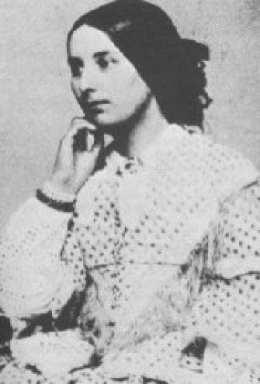
Fanny BrawneFanny Brawne and Keats became engaged. She nursed him in his final illness although she did not go with him to Rome where his doctors advised him to live in the hope of being cured. He died of TB in his rooms in Rome next to what are now known as the Spanish Steps in February 1821.
In 1833 Fanny Brawne left England to live in Boulogne where she met and married Louis Lindon. They and their three children returned to England in 1859. She died in 1865. She had kept Keats’ letters and entrusted them to her children – her husband knew nothing of her close relationship with Keats. The letters were published in 1878, five and a half years after the death of Louis Lindon.

Book 2
There’s Rosemary, that’s for remembrance
Ophelia speaking. Hamlet (Act 4 Scene 5). Rosemary was thought to strengthen memory. It has long been associated with remembrance. It is also associated with love. In Romeo and Juliet the Nurse says to Juliet: “Doth not rosemary and Romeo begin both with a [i.e. the same] letter?”. For Christie the quotation introduces the section of the novel that centres around the dinner that is in part in remembrance of the dead Rosemary Barton. Christie may well have chosen the name because the book is planned and executed around people remembering Rosemary.
Book 3
For I thought that the dead had peace
But it is not so
Tennyson’s collection of poems, Maud and other poems (first published in 1855), contains the poem that begins: “Come into the garden, Maud” which is best known in the song with music by the Irish composer, Michael William Balfe. This poem, together with others in the collection, was also put to music by the English composer Arthur Somervell (1863 – 1937) to create the song cycle known as Maud and published in 1898. One of the songs in the cycle is called Dead, long dead and it is from this song that the lines Christie chose are taken. The wording of the original Tennyson poem is slightly different. Tennyson wrote: For I thought the dead had peace. Christie is quoting, therefore, the words of the song which she might well have sung herself. At one time she had thought of becoming a professional singer but found the idea of public performances too daunting.
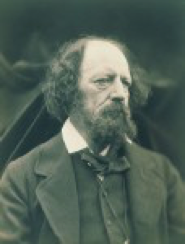
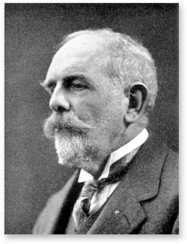
Jackaroos
Ruth … was familiar with the type. They grew oranges, started chicken farms, went as jackaroos to Australian stations, got jobs with meat-freezing concerns in New Zealand. They never made good…She preferred success.
Jackaroo is an Australian word thought to be derived from Jack with the ending of kangeroo. The term refers to a man recently arrived in Australia from England to get experience of bush farming, especially referring to a novice on a sheep-station or cattle-station.
Houri
That evening at the Dorchester he’d been able to look at nothing else. As beautiful as a houri – and probably just about as intelligent.
The word came into English in the eighteenth century from the Persian and Arabic possibly through French. The root meaning refers to a woman with eyes like those of a gazelle. The Oxford English Dictionary defines houri as “A nymph of the Muslim Paradise. Hence applied allusively to a voluptuously beautiful woman”. Christie’s novel, The Moving Fingerpublished a few years before Sparkling Cyanide took its title from Edward Fitzgerald’s translation, or rather adaptation, of the Rubaiyat of Omar Khayyam (see Trivia for The Moving Finger) – eleventh century Persian verses. One of the most famous verses goes:
A Book of Verses underneath the Bough,
A Jug of Wine, a Loaf of Bread–and Thou
Beside me singing in the Wilderness–
Oh, Wilderness were Paradise enow
Although the word houri is not used by Fitzgerald, the illustrations that often accompanied this verse usually depicted the ‘thou’ as a houri – wrongly because in the original it probably refers to a male fellow scholar. Whinfield’s rendering, published in the 1880s, of part of the same passage is as follows:
Some wine, a Houri (Houris if there be),
A green bank by a stream, with minstrelsy;
Toil not to find a better Paradise
If other Paradise indeed there be!
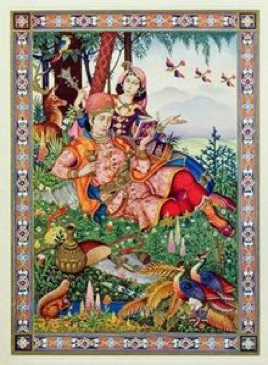
Cachet Faivre
‘Have you got a headache tonight?’
‘Just a bit of one. You haven’t got an aspirin, have you?’
I’ve got a Cachet Faivre’
Cachets Faivre were popular pain killers throughout Europe between the wars. The active ingredient was oxyquinotheine – a mixture of quinine salicylate and caffeine (methyltheobromine).
Cachets Faivre were imported into the UK from France by P. Basset of London. They were not tablets. The active ingredient was enclosed in a covering of paste or gelatine – the ‘cachet’ from the French word, to hide – rather like sherbet was in the 1960’s (see German advert).
